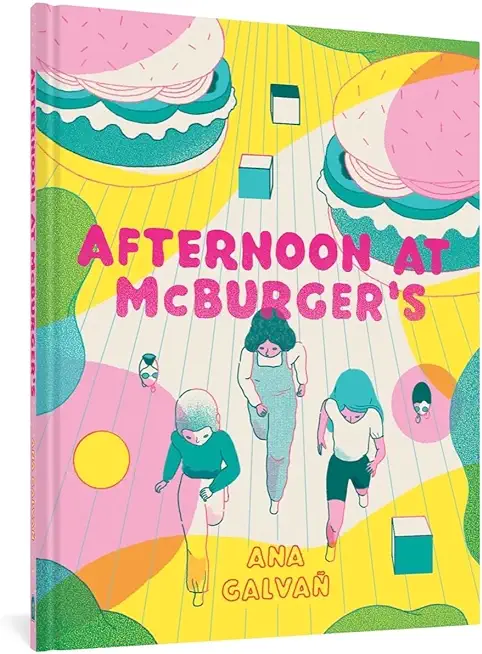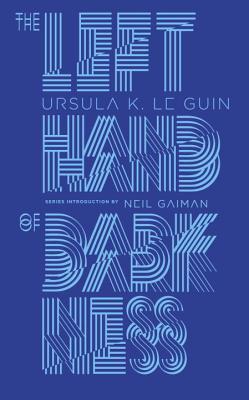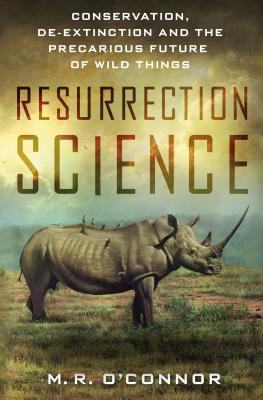
The digital age has spurred constant technological and sociocultural change. In Conceptualizing 21st-Century Archives, author Anne J. Gilliland explores the shifts and divergences in archival discourse that technological developments have necessitated, facilitated, or inspired. Gilliland addresses the lessons the archival and recordkeeping fields can learn from their evolution about ideas tried and abandoned; which ideas are truly new, and which continue to hold good, regardless of technological shifts; and the ways in which archivists need to expand their thinking and practices to fulfill their global and local--"glocal"--roles.
By understanding how archival practices and thinking were challenged or how archivists responded at different points over the past century, the reader can begin to discern how and why ideas rise, fall, and resurge. The book traces the development of descriptive systems, the creation and management of computer-generated records, and the curation of digital materials. With each chapter, Gilliland addresses either the historical development or the current state of an area within archival science that information and communications technology have significantly affected to ultimately construct a picture of how archives arrived in the 21st century and to suggest where they might be going in the foreseeable future.







